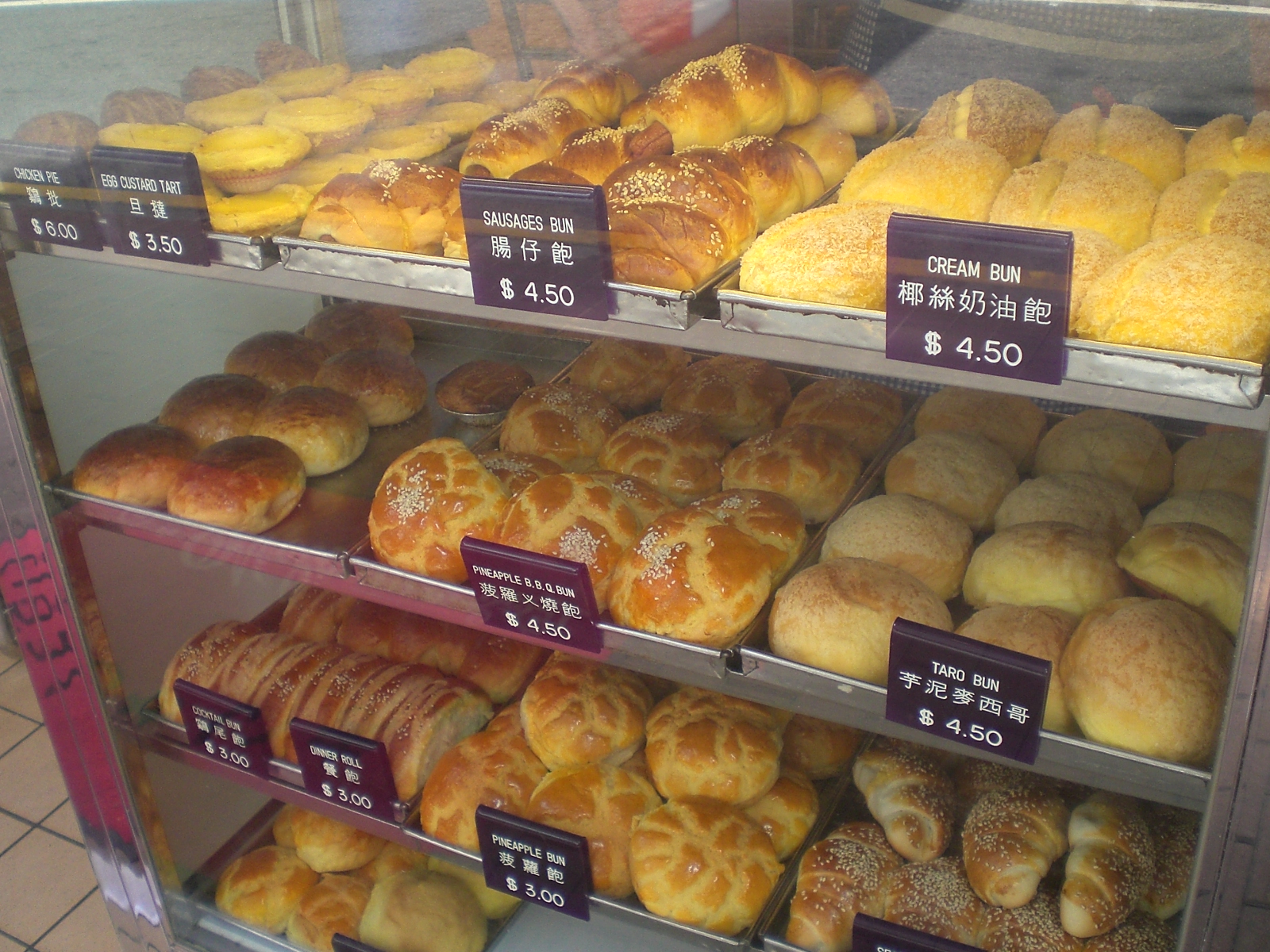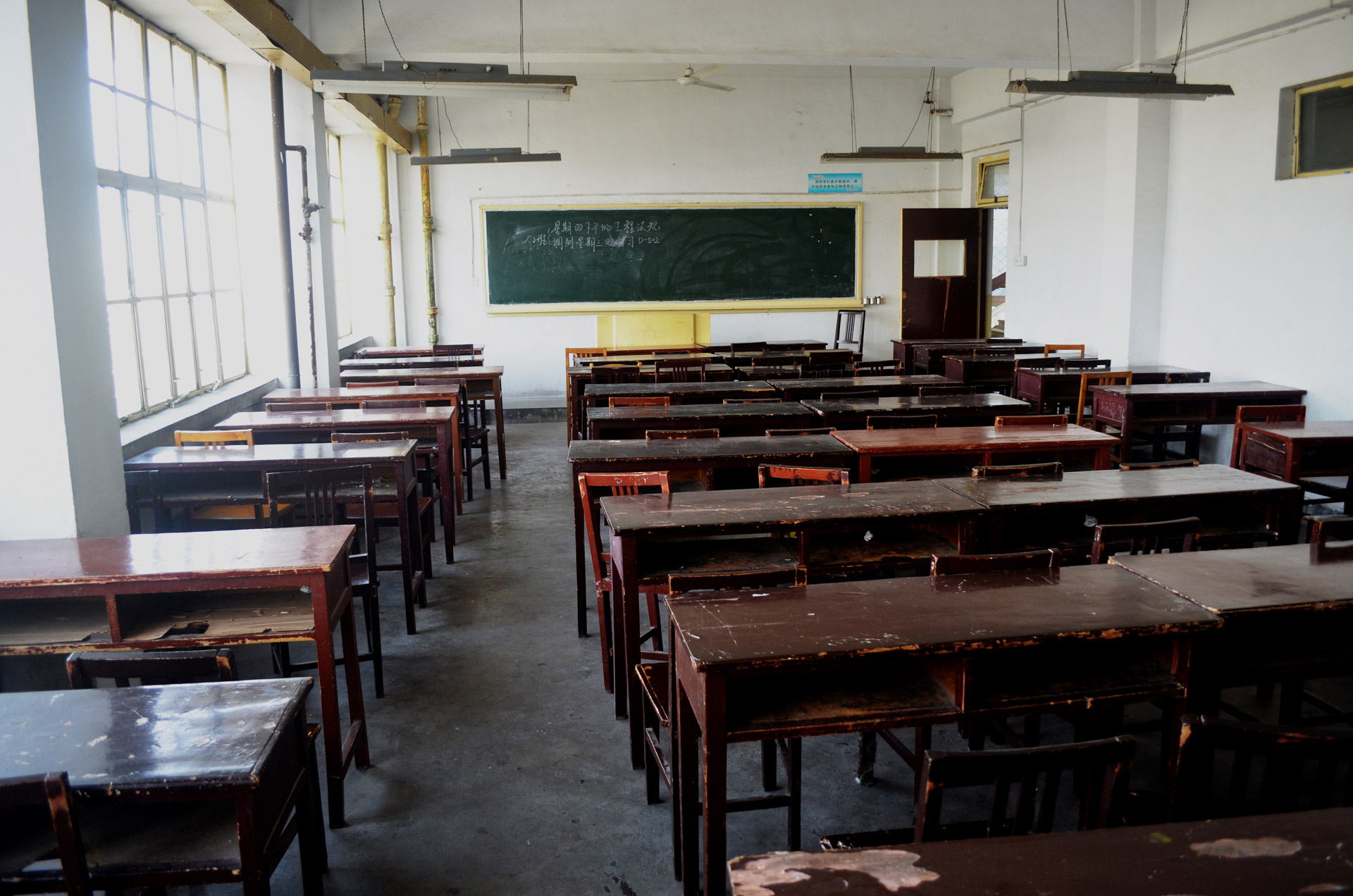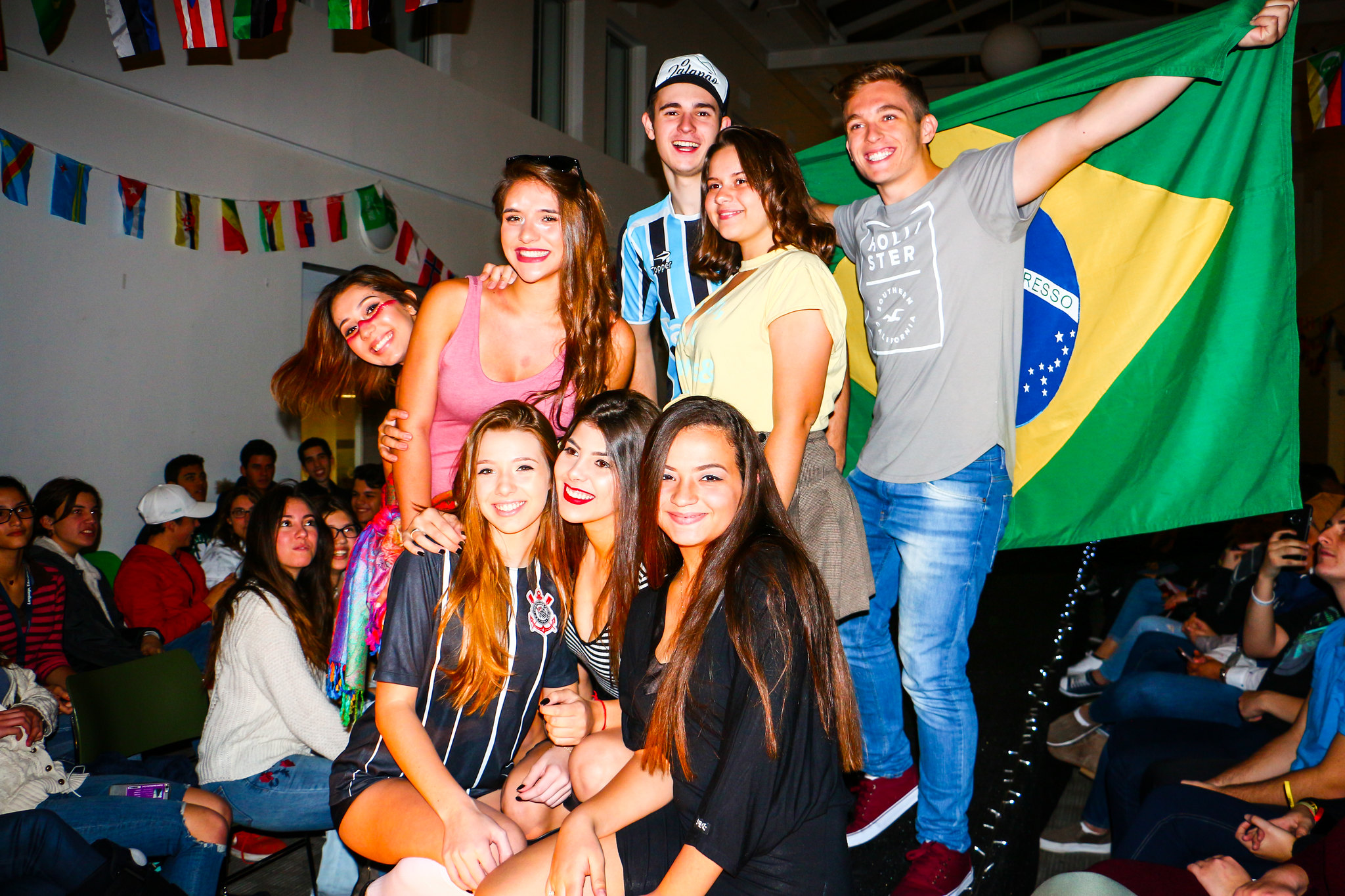A little over a year ago, in May 2015, I found myself studying Mandarin and Chinese culture at a university in the Henan province of China. The mornings started out cool before the temperature climbed up to 28 degrees celsius or higher. Around 80 degrees fahrenheit isn’t so bad until you factor in the humidity. All this time, during the dreaded temperature spike, we found ourselves sitting inside a classroom attempting to pronounce words like “lanqiu” and “pengyou” in Mandarin.




Depending on your preferences, that vocab review could sound worse than the sweltering heat. But don’t worry, that’s not all China has to offer. I haven’t mentioned our teacher who brought food into class and taught us about famous locations, or the time we did stretches from Shaolin Martial Arts and a class of Chinese girls laughed at the Canadian boys’ dramatic antics. So, despite the strict class rules, the program I studied through was very accommodating to westerners, and very fun.
**********
First things first: The Chinese school year differs from the American one, so classes were in full-swing during May. This was the university’s first time hosting a month-long exchange program, so they made sure to make us feel welcome through assigned greeters (three or four per student) and generous explanations of how the program and resident life worked.
We had one class per day, excluding weekends, for three or four hours in the morning. Three teachers rotated between our classes, each teaching from an angle of pronunciation, vocab, and culture.
In this aspect, class was quite similar to any language course one might take. However, on Fridays our class reverted to the practices of elementary school by going on field trips, painting, or snacking on cultural food.
None of that is too hard for me to comprehend, but there were some interesting cultural differences in how the Chinese conduct class.




It’s not uncommon to see some sleep-deprived student munching on a Poptart during a morning class in the States, right? Well, our teachers, like many Chinese instructors, enforced the “no eating” rule during class.
-
Rule one: Only snack during breaks. Got it.
Rule two was a very interesting one for us American and Canadian students:
-
Rule two: Don’t ask questions during class.
Admittedly, this wasn’t really a rule as much as an expectation on our teachers’ behalves. You could see the confusion in their eyes when someone would raise their hand and simultaneously blurt out a question about spelling or repetition.




Rule three was another similar, unspoken expectation:
-
Rule three: No talking.
Understandably, this was an oddity for American students. During break, apparently the teachers expected us to be quiet. I’m guessing that would have entailed sitting at our desks eating or casually chatting with someone. We did that, but I suppose we were more animated in our conversations. A greeter who occasionally sat in our classes once said something along the lines of, “I like being in class with you because you’re so lively.”
Compared to the classes we saw en route to ours, that’s a true statement. Even for a morning, classrooms full of people were eerily silent. Boys had their heads down on their desks, and expressions of disinterest showed on the majority’s faces. Hopefully our teachers appreciated our animated responses and actions, especially if classes were usually dispassionate.
I really appreciated our teachers’ involvement with the students and their attempts at making us feel welcome. Earlier, I mentioned the teacher who brought food into class for us. He was who we dubbed “the cool teacher,” due to his lessons concerning tourism and pop culture. He brought festival snacks like moon cakes and zongzi (sticky riceballs for the Dragon Boat festival) for us to sample, and showed us a movie that was shot at a famous, high-end Chinese hotel.
He played basketball with the guys, drove my friends and me to the bus station, and even gave away a few of his treasured possessions such as expensive wall scrolls or books.
I never expected the teachers to be that involved with us, and it’s still one of the best displays of hospitality and kindness that I’ve seen anywhere.
Our other teachers were equally kind and did their best to relay knowledge. One always remarked how happy she was to see us around campus.
Even though their rules were strict or methodical, everyone in the program, from the student greeters to the teachers, were very easy to approach. Everyone we interacted with on campus was friendly and interested in bridging our different cultures. After receiving that kind of hospitality, I want to amp up my game and help foreign students to have a great experience abroad like I did!
[accordion_tab title=”Collegiate Correspondent: Christina Van Otterloo” default]




[/accordion_tab]





